Custom Book Printing: Can I Print a Book without Publishing?
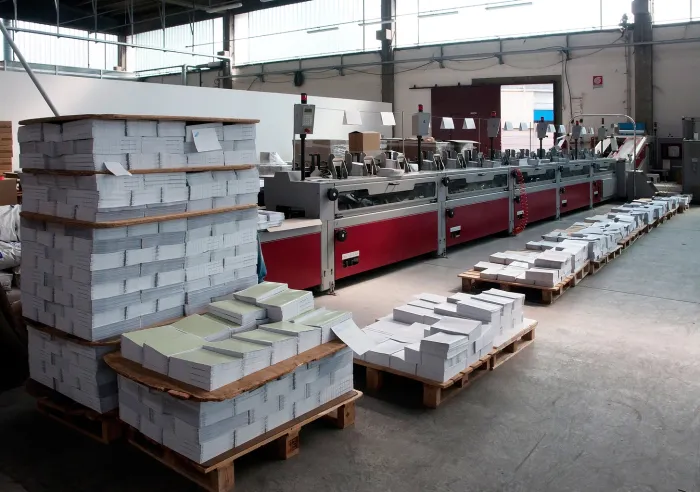
estimated reading time: 5 minutes
Understanding the Difference between Printing and Publishing
Printing a book refers to its physical production, i.e.
applying ink to the paper that will form the pages and cover of a bound
document.
Publishing a book refers to the various tasks required to
make the book marketable and available to the public, such as editing,
formatting, cover design, adding ISBN and price barcodes, promotional activities,
and widespread distribution.
Though the content for all books should be properly edited and
formatted prior to printing, it is not necessary to perform the other
publishing activities if the book will not be promoted or distributed to the population
at large.
So...the answer is YES - you can most certainly have books
professionally printed without formally publishing them. In fact, many books
and booklets are printed for a specific audience without any plans to launch a marketing
campaign or make them available to the general public.

Below are some common examples of Book Projects that are professionally printed but not published
> Many consumer products come with a bound book or booklet,
such as an instruction manual or installation guide. Manuals and guides that
accompany a product are one of the more prevalent types of printed books that
are not formally published.
> Organizations often print a variety of books to assist with day-to-day functions. For example, operation manuals, procedure manuals, and training manuals are commonly printed for business use. In addition, product catalogs and price manuals are sometimes printed for internal use, with modified versions being provided to customers.
> Certain companies and organizations may periodically print a book about their history or accomplishments. This is usually done to commemorate a milestone anniversary. This type of book is primarily intended for distribution to shareholders, employees, major clients, and other interested parties.
> An individual might print a book to be given away to family members, friends, and other acquaintances. The topic of the book could be anything that appeals to the author and his/her inner circle. For example, it might be an interesting autobiography, a book of humorous anecdotes and stories, or the sharing of genealogy research.
> Accountants, attorneys, financial advisors, real estate agents, and other business professionals often create books or booklets to be used as promotional giveaways to current and prospective clients. Used to share useful recommendations, tips, and FAQ's, these books can offer practical advice and insight to clients while helping to keep the service provider's name and contact information top of mind.
> A church, club, scout troop, school, or other community-based entity might print a book to be sold locally for the purpose of fundraising. The book might contain recipes, puzzles, useful facts, short stories, poems or any other content of general interest.
> Event programs, such as those used for trade shows, conferences, theatre performances and sporting events, are commonly printed as small booklets. This provides a convenient format for conveying important information to everyone in attendance.
> Teachers, professors, seminar presenters, and other educators
occasionally develop and print student workbooks to supplement the material presented
in their classroom lectures or online courses. Whether used as part of traditional
K-12 curriculums, college courses, or adult education and training sessions, workbooks
help to reinforce a student's understanding of the subject matter.
Many book projects, like the examples above, are produced in quantity on commercial printing presses. However, they are not offered to the general public via traditional marketing channels or sales outlets.
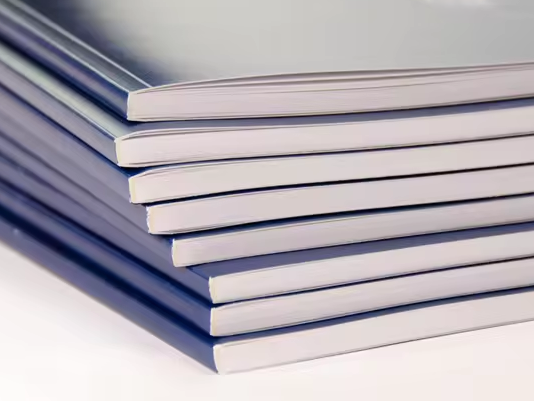
When would I need to Publish my book (either by Self-Publishing or using a
Traditional Publishing Service)?
If you intend to promote, sell, and/or distribute your book through bookstores or other retailers (whether online or brick-and-mortar outlets), book
distributors, college campuses, libraries, or any other traditional channel
that helps share your book with the masses, various publishing tasks will need
to be performed.
Whether you handle these publishing activities yourself or
partner with a publishing service, the book's pages and cover will have to be edited
and properly formatted for print production. The cover of the book will also
need to have a professional and marketable design that captures attention and encourages
people to acquire the book.
Of course, the book will also need to be promoted via
various marketing methods in order to build awareness and stimulate
interest. Plus, a payment and distribution system will need to be established to
fill orders for the book.
In most cases, saleable books will need to have a unique ISBN
in addition to a price barcode. ISBN stands for International Standard Book
Number. Some outlets, such as Amazon, don't require an ISBN because they
provide their own identifier code.
Related article: What is an ISBN Number? Do I need one?
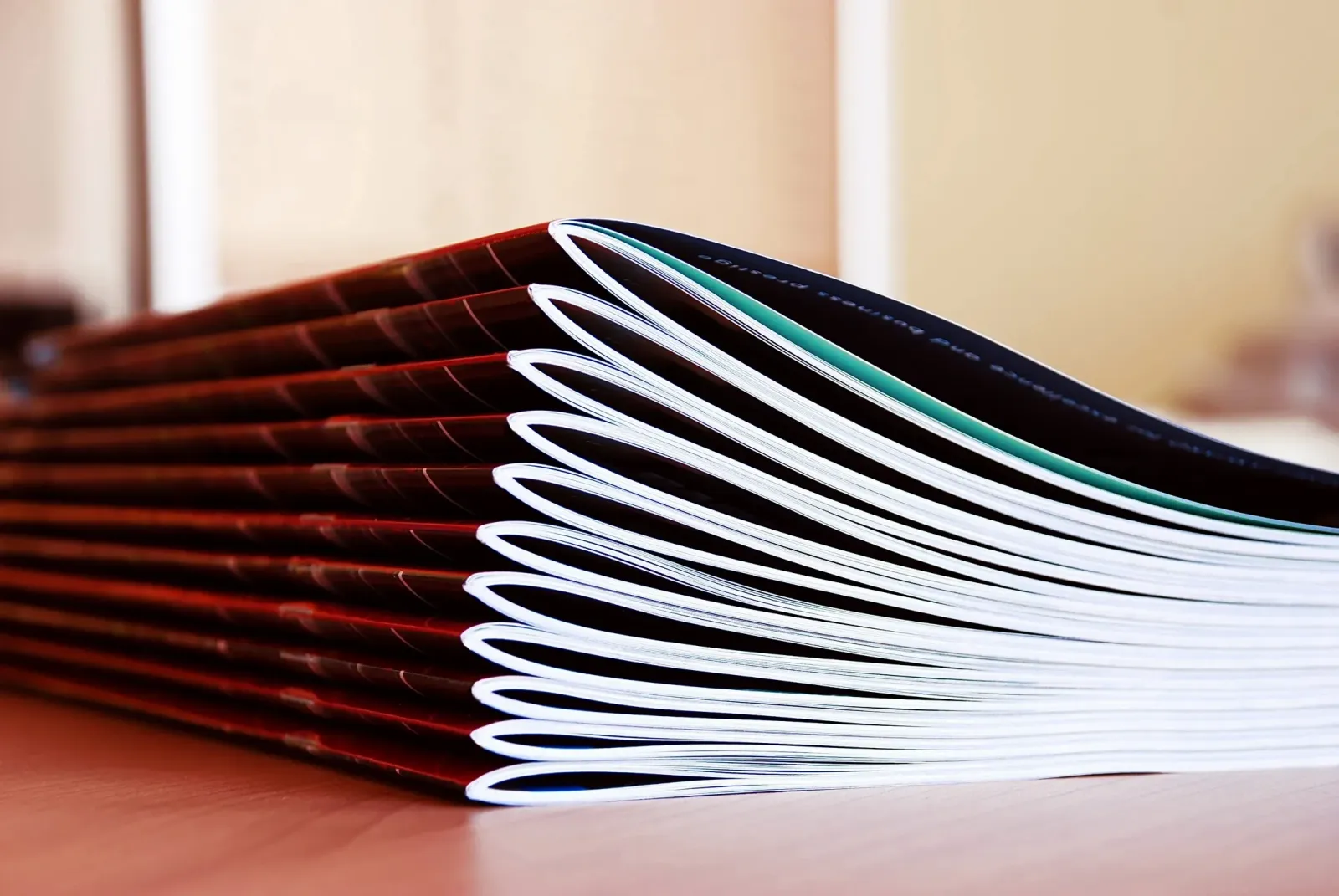
If you self-publish, the good news is you get to make all the decisions, including who will print your book. The equally good news is you also get to retain all the profits from the sale of your book.
Conversely, if you enlist the help of a
publishing service, they will handle most of the publishing tasks but you will
have to share a good portion of the book's profits with them. Also, depending on the publisher, you may be required to sign a contract and relinquish the ownership rights to your book.
Needless to say, whether to self-publish or use a traditional publishing service is a very important decision. So be sure to thoroughly research your options.
As mentioned earlier, if you don't intend to offer the book to
the general public, you can have it printed while foregoing many of the publishing
activities.
Have a Book to Print? Color Vision offers budget-friendly book printing services!
Color Vision has been a printer of affordable books and booklets since 1984. As a full-service printing company, we have digital presses for shorter book runs (like 100 or so) and offset presses for medium to long production runs (quantities into the thousands).
We also offer a wide range of printing, binding, and
finishing options to help make your book unique. Plus, as a totally custom
printer, Color Vision offers just about any book size that you might
want.
So whether you are looking to print some books without any formal
publishing, or are going the self-publishing route for books you intend to sell,
Color Vision will be happy to assist with the printing and binding of your book
project.
If you would like to receive a quotation by email, please
complete our Quote Request form. Or, if you prefer to discuss your project
by phone, we can be reached at 800-543-6299.
As always, we look forward to assisting with
your book project!
Related Articles
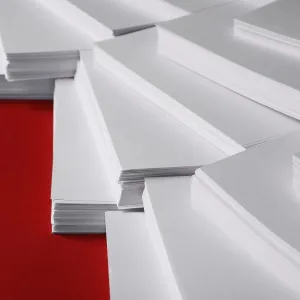
Commercial Book Printing: What are my Paper Options?
Read This Article

Creating a Comic Book? Here’s some Advice from a Printer
Read This Article
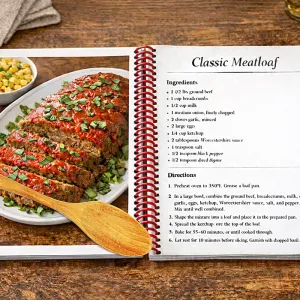
Which Book Projects Benefit From Being Spiral Bound?
Read This Article
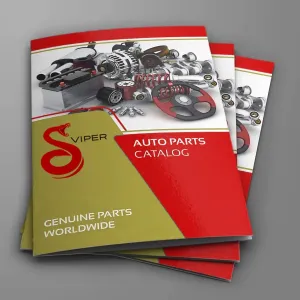
Booklet Catalogs: Why is this Catalog Format so Popular?
Read This Article